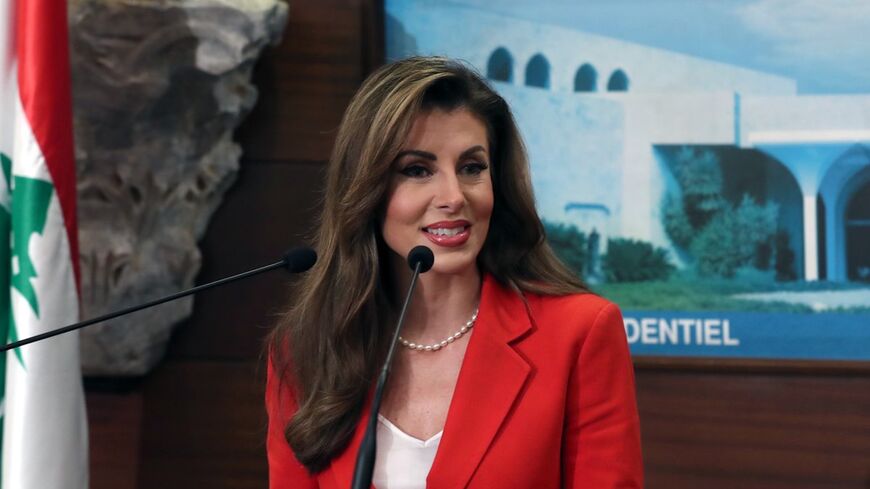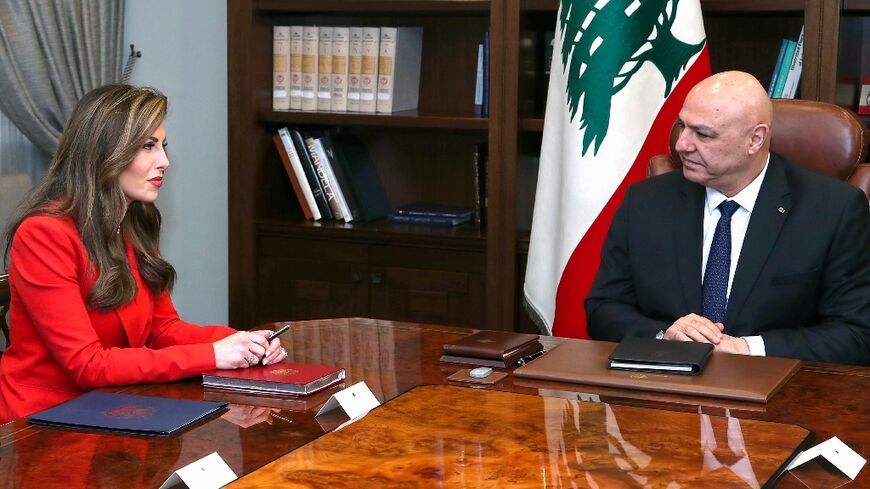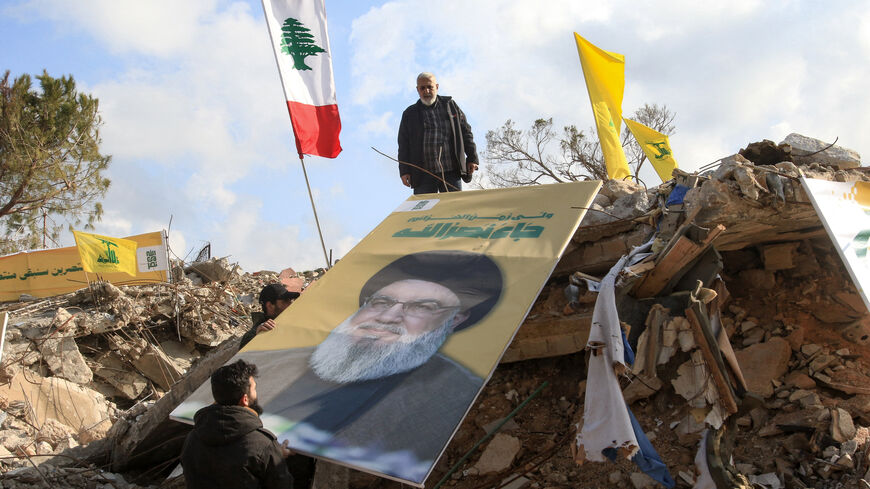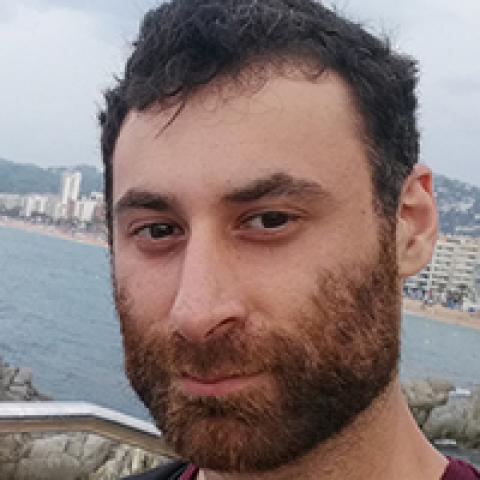US envoy visits Lebanon to discuss Hezbollah, cabinet formation: What we know
Morgan Ortagus is heading a delegation and set to arrive in Lebanon on Thursday night, the first such visit by Trump administration officials.
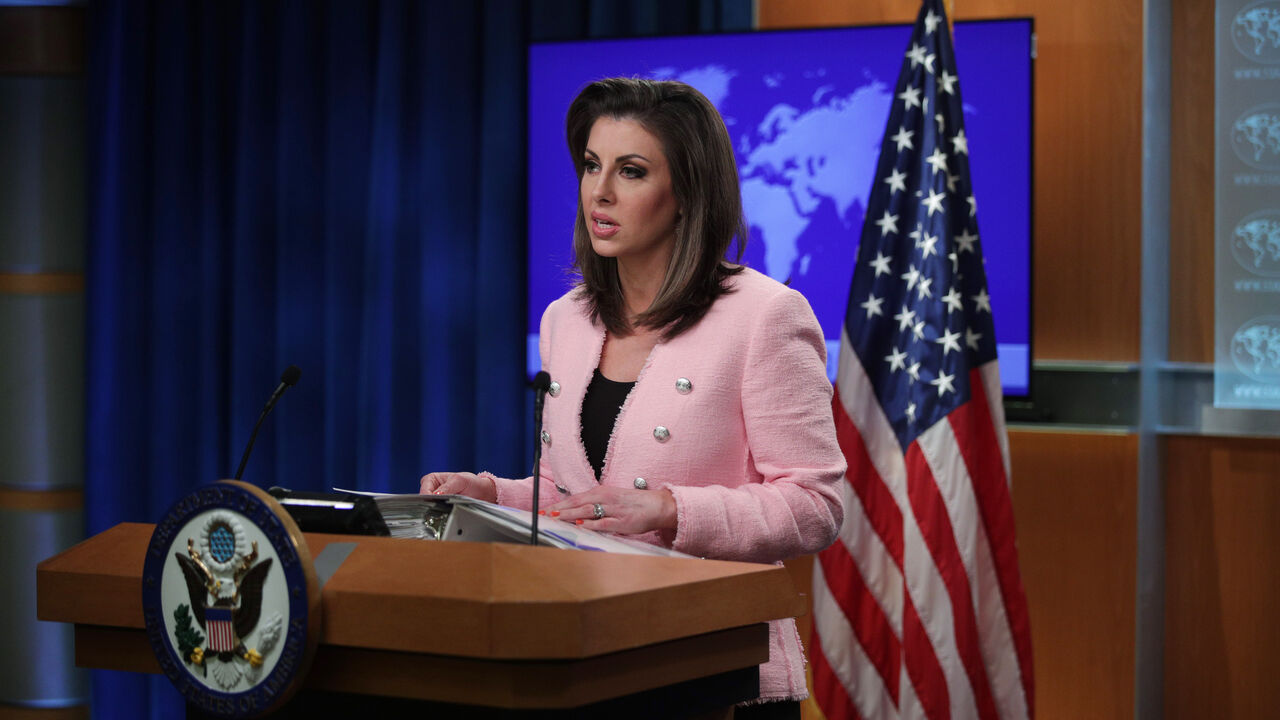
A high-level US delegation was expected to arrive in Beirut on Thursday night, the first such visit for Trump administration officials, to warn Lebanese officials about Hezbollah’s influence, as talks on the formation of a new government in Lebanon drag on.
Reuters reported that Morgan Ortagus, the new deputy special envoy for the Middle East under President Donald Trump, will be meeting newly elected President Joseph Aoun, Prime Minister-designate Nawaf Salam and Parliament Speaker Nabih Berri.
The purpose of the visit is to convey to Lebanon that the United States will not stand for Hezbollah and its allies having unchecked influence over the government formation, and that Lebanon will face increased isolation if it does not form a government committed to reforms and curbing the Iran-backed group’s influence, according to the report.
The Lebanese news outlet LBCI reported last week that Ortagus would discuss Israel’s continued presence in parts of Lebanon.
The US State Department did not immediately respond to Al-Monitor’s request for comment.
Asharq News reporter Hiba Nasr said in a post on X on Thursday that a high-ranking US official called Salam on Wednesday and was “very firm about the necessity of him bearing full responsibility if Hezbollah and its allies participate in the (government).”
Aoun was elected president on Jan. 9, ending a more than two-year presidential vacuum and paving the way for Salam to be nominated as prime minister. Talks have failed to yield a deal on a new governmental cabinet since then. One issue is Salam’s disagreement with Hezbollah and its political ally, Amal, over who will serve as the fifth Shiite minister in the government. Hezbollah and Amal have named the four other ministers, according to Lebanese media reports.
In successive Lebanese governments since 2008, Hezbollah and Amal have held a “blocking third” in the cabinet, meaning they had at least a third of the seats. The arrangement has given them the power to bring down the government and wield influence over cabinet matters. Salam has not conceded to their demand for a blocking third this time.
Salam has promised to enforce accountability and transparency in the Lebanese government and has set his sights on reforming a system plagued by corruption and mismanagement. Lebanon has been mired in an economic crisis since 2019.
In his first speech as president, Aoun pledged that the state would have a “monopoly” on weapons in the country, though he did not mention Hezbollah by name.
Why it matters: The ceasefire between Israel and Hezbollah reached in late November stipulated that within 60 days Hezbollah would withdraw its fighters north of the Litani River and that Israel would pull back to its border to make way for the Lebanese army to deploy to the area. Israel said late last month that it had extended its deadline for withdrawing, arguing that the agreement has yet to be fully implemented on the Lebanese side.
Know more: Al-Monitor’s Jared Szuba reported last week that the ceasefire between Israel and Hezbollah could be in jeopardy following the Trump administration’s freeze on foreign aid — which halted nearly $100 million in US aid set aside for the Lebanese military.

